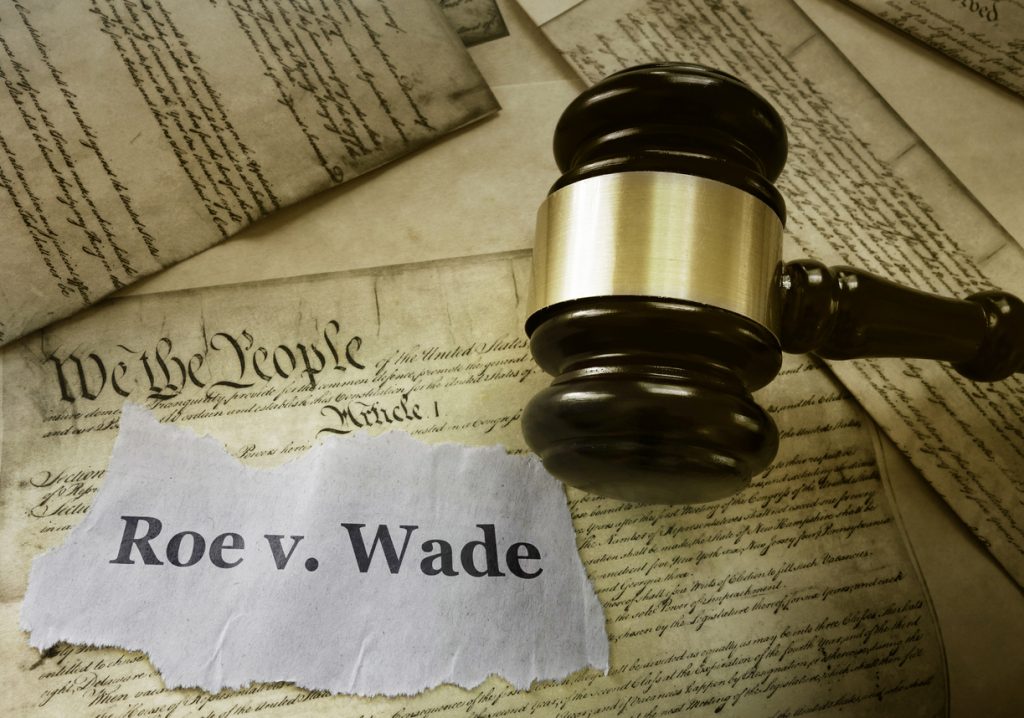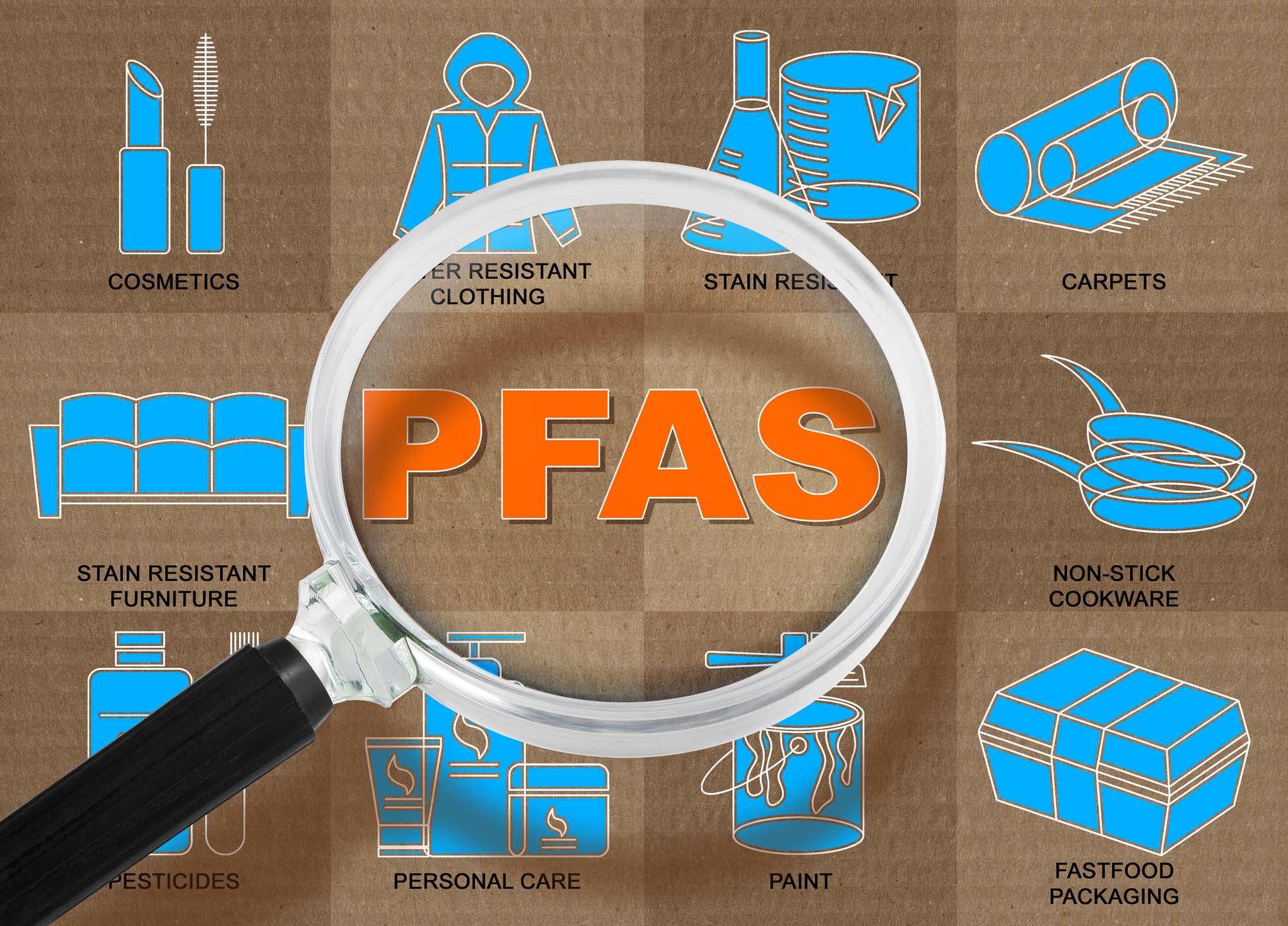
In early May, the leak of a draft Supreme Court opinion in Dobbs v. Jackson Women’s Health Organization showed that the conservative majority of the Supreme Court intended to invalidate the holding of Roe v. Wade that the U.S. Constitution confers an individual right to abortion. In the wake of that leak, many states began drafting legislation to restrict further or outright ban access to abortions, or vice versa, to protect access to abortion services. On June 24, 2022, the Supreme Court, in a 5–4 ruling in Dobbs, overturned Roe v. Wade. In the wake of the ruling, a wave of “trigger laws” in various states have come into effect, along with some states considering action to protect or restrict abortion access.
New York
Following the ruling, New York Governor Kathy Hochul stated that New York would remain a “safe harbor” for abortion access and called the decision to reverse Roe v. Wade “repulsive at every level.” Governor Hochul also announced that the state would appropriate an additional $35 million toward abortion clinics across the state in anticipation of the surge of travel to the state. Additionally, the New York State Legislature passed laws protecting physicians providing abortions in the state from criminal charges that may be present in other states for performing abortions.
Indiana
In Indiana, lawmakers are scheduled to hold a special legislative session to address several policy issues, including abortion access, in the light of the overturn of Roe v. Wade. Originally scheduled for July 6, the special session was pushed back until July 25. While it is not entirely clear what the Legislature will propose, one hundred Republicans sent Governor Eric Holcomb a letter in March asking him to call a special session if the Supreme Court invalidated Roe v. Wade.
Virginia
In Virginia, Governor Glenn Youngkin called on Republican lawmakers to craft legislation limiting most abortions to only within the first 15 weeks while acknowledging that there may be broader support for legislation prohibiting abortions after 20 weeks of pregnancy as a compromise. Governor Youngkin additionally promised to build a “bipartisan consensus” for prohibiting abortions from occurring within the third trimester.
Wisconsin
Following the leaked decision in early May, Wisconsin Governor Tony Evers called for a special session on June 8 to encourage repealing Wisconsin’s 1849 abortion ban. The ban, which was struck down with the 1973 Roe v. Wade ruling, made providing an abortion, except for saving the mother’s life, a felony along with a penalty of up to six years in prison and a fine of up to $10,000. The decision to call the special session has led to some public sparring between the Republican-controlled legislature and Governor Evers. In response, on June 22, Republicans gaveled out the special sessions after just fourteen seconds in the Senate and 25 seconds in the Assembly, two days prior to the overturn of Roe v. Wade.
States with “Trigger” Laws
Additionally, some states have so-called “trigger” laws that have been enacted, in some cases for years, to go into effect in some capacity if the Supreme Court overturned Roe v. Wade. In Texas, the state’s law prohibiting abortion automatically comes into effect 30 days after the overturn of Roe v. Wade, with all abortions already banned after six weeks, except to save the mother’s life.
Arkansas’ law bans all abortions except to save the mother’s life as soon as the Attorney General certifies that the Supreme Court has overturned Roe v. Wade, which Attorney General Leslie Rutledge did the afternoon of June 24. Idaho’s trigger law prohibits nearly all abortions 30 days after the overturn of Roe, except for rape, incest, and to save the mother’s life.
In Kentucky, Louisiana, and South Dakota, all abortions became illegal immediately following the overturn of Roe v. Wade, except for saving the mother’s life.
In Mississippi, abortions were temporarily legal until 20 weeks. However, the state’s trigger law prohibited all abortions ten days following the Attorney General’s certification of the overturn of Roe v. Wade, except for rape or to save the mother’s life. Mississippi Attorney General Lynn Fitch certified the decision on June 27, which was immediately met with a lawsuit from the state’s only abortion clinic.
In Missouri, abortion became illegal immediately after the Governor, Attorney General, or legislature certified that the Supreme Court had overturned Roe v. Wade. Almost immediately following the Dobbs decision, Missouri Attorney General Eric Schmitt released an opinion certifying the law, which Governor Michael Parson confirmed shortly after.
In North Dakota, abortion will become illegal except for saving the mother’s life, rape, or incest on July 28, 30 days after Attorney General Drew Wrigley certified that the Supreme Court had overturned Roe v. Wade, the requirement per the trigger law.
In May 2022, Oklahoma Gov. Kevin Stitt signed legislation banning abortion except for saving the mother’s life, rape, or incest. However, this law is enforced by civil lawsuits, not criminal prosecution.
In Tennessee, abortion is temporarily legal until viability. However, it will ban all abortions 30 days after the Dobbs decision, except to save the mother’s life.
In Utah, abortion except to save the mother’s life, rape, or incest became illegal once the Legislature’s general counsel certified the overturning of Roe v. Wade, which occurred the morning of June 24, following the decision. However, that was immediately met with legal challenges, temporarily blocking the order for 14 days.
In Wyoming, abortion becomes illegal except to save the mother’s life, rape, and incest five days after the Governor certifies that the Supreme Court has overturned Roe v. Wade. As of July 6, Governor Mark Gordon has not yet issued that certification but did sign the legislation for the trigger law earlier this year and celebrated the ruling on June 24.
Latest News
Photo credit: iStock.com/Prostock-Studio Across the country, states are proposing new policies that would restrict the use of Supplemental Nutrition Assistance Program (SNAP) benefits for the purchase of sugary foods, such as soda and candy. These [...]
Photo credit: iStock.com/24K-Production Across the United States, lawmakers are increasingly reconsidering psilocybin policy in response to growing evidence of its therapeutic potential. Psilocybin is a naturally occurring psychedelic compound found in particular species of mushrooms. [...]
Photo credit: iStock.com/Motortion In 2022, the U.S. Supreme Court decision in Dobbs v. Jackson Women's Health Organization overruled a federal constitutional guarantee of freedom to abortion. Since then, legislation concerning reproductive healthcare—including access to [...]
Photo credit: iStock.com/Francesco Scatena Recent trends across the country have seen several states introducing bills to ban certain chemicals, particularly perfluoroalkyl and polyfluoroalkyl substances (PFAS), in consumer products. According to the EPA, PFAS are persistent [...]






Stay In Touch